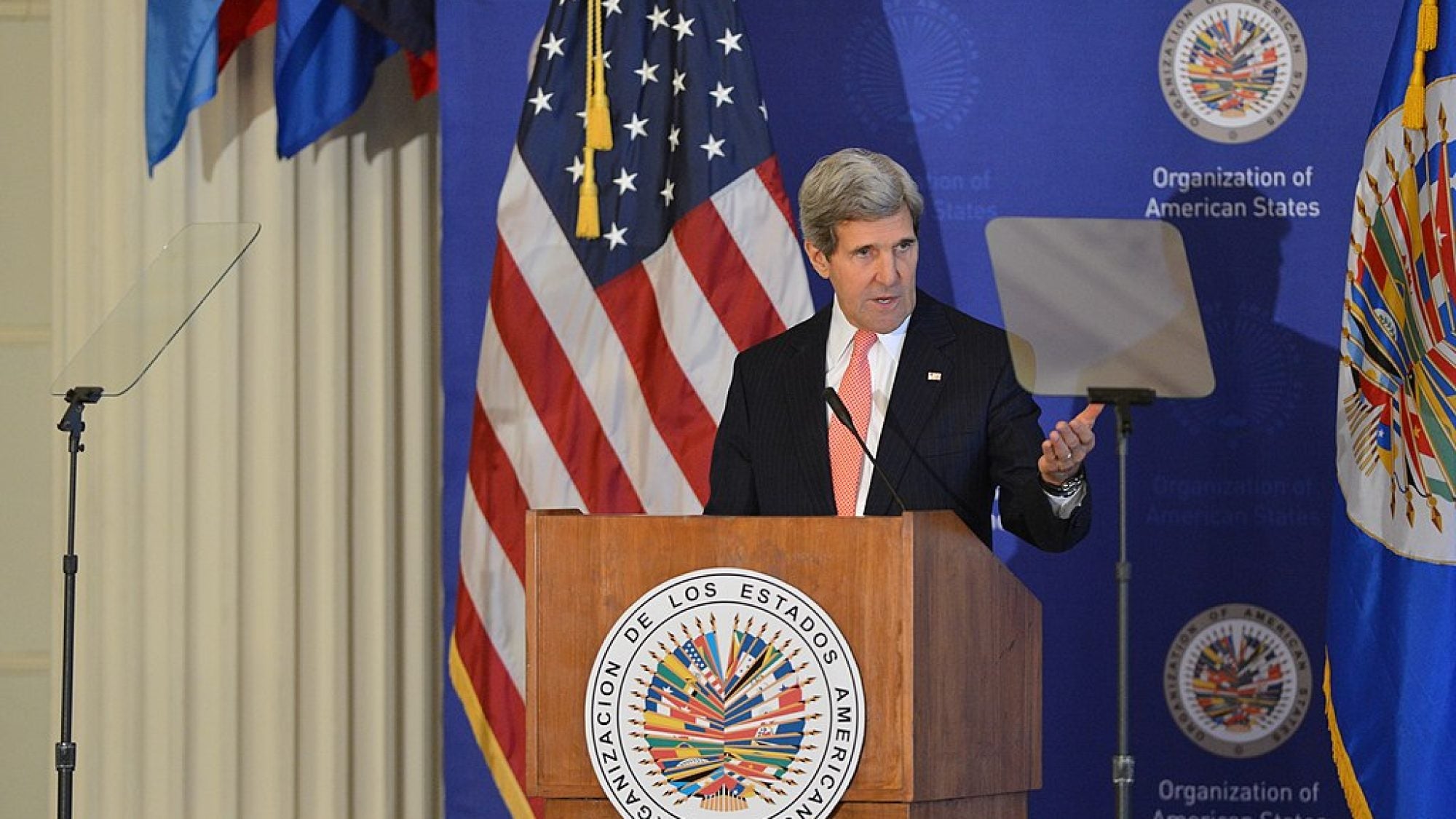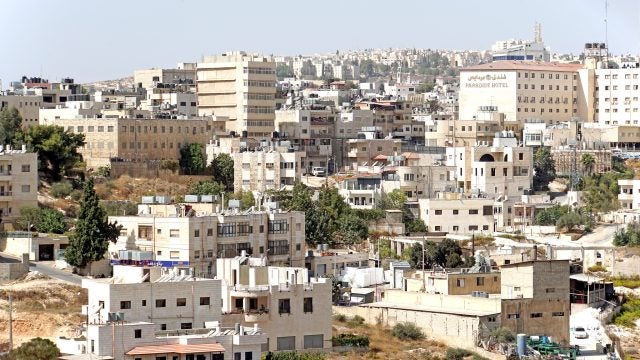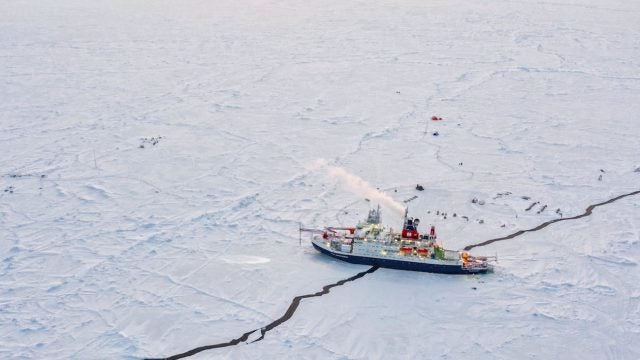
Title: For Latin America, The Meaning of John Kerry as U.S. Secretary of State
On January 29, the U.S. Senate confirmed Sen. John Kerry as Secretary of State, the seat that Hillary Clinton will vacate this year. During the confirmation process, Kerry made some remarks about Latin America that shed light on the possible approaches of U.S. foreign policy toward Latin America in the next four years. While Kerry will have much influence on relations between the region and the U.S., he will need to rely on U.S. top officials to be abreast of important developments.
Kerry’s nomination sailed smoothly through the Senate, but the road to re-establish friendlier relations with Latin America will be more rugged. Already, he has inadvertently bumped heads with Venezuela. A few days after his nomination, Kerry expressed his viewpoints on Venezuela’s political situation and the prospects for a “smooth transition of power” if Hugo Chávez is incapable of carrying out presidential duties. His comments sparked criticism from Venezuelan Foreign Minister Elías Jaua who expressed his regrets over the comments’ tone, as well as his hopes to foster “mutual respect” between the two nations. Kerry went on to praise Colombia’s advancements in its security apparatus and added that, “Colombia is an example for the rest of Latin America,” in terms of strengthening military strategies. Kerry added that the U.S.-Colombia relations exemplify the kind of bilateral affairs he wishes to see across the region. Additionally, Kerry pledged to improve relationships with Ecuador and Bolivia, highlighted Mexico’s fight against drug cartels and promised that the U.S. will increase its efforts to galvanize Mexico and Central America’s judicial systems.
Kerry’s biggest challenge in Latin America is the handling of Cuban affairs. Though Kerry is known for supporting the Cuban embargo, his position over Cuba is more relaxed than his Republican counterparts. He has criticized U.S. pro-democracy programs like Radio/TV Martí for perpetuating an “anachronistic Cold War standoff”, and he supported the 2009 Freedom to Travel Back to Cuba Act, a bill that would have allowed citizens to travel without restrictions. Despite Kerry’s friendlier approach, the lingering question is whether the U.S. will continue to isolate Cuba from pan-regional organizations like OAS. Washington’s unrelenting ostracizing of Cuba led country members to keep from signing a final declaration at Cartagena’s Summit of the Americas, signaling that Latin America wants to integrate Cuba to regional blocs.
The Community of Latin American and Caribbean States (CELAC) is another example of how Latin America reintegrates across political ideologies, despite U.S. criticism. During the 2013 summit held in Chile, Cuban leader Raúl Castro was sworn in as the bloc’s president and will lead the Community until 2014, when Ecuador, another country with sour relations with the U.S., will take over the presidency. U.S. nonprofit organizations, such as Human Rights Watch, find Cuba’s regime at odds with CELAC’s aims—the promotion of democracy and freedom of press—and right-leaning Cuban-Americans living in the U.S. fear that Kerry would seek accommodations with Havana and other repressive governments.
Kerry’s commitment toward Latin America may be refreshing to a waning U.S. presence in the region, but he cannot accomplish his goals by himself. In the last two years, hemispheric affairs have deteriorated because of the lack of an active, knowledgeable diplomatic corps. Arturo Valenzuela, then-U.S. Assistant Secretary of State for Western Hemisphere Affairs who resigned in July 2011 to pursue academic endeavors, found staunch detractors in several countries–particularly the late Argentinean President Nestor Kirchner—and many Latin American diplomats preferred to deal directly with Secretary Clinton.
It took several months to fill Valenzuela’s position. The Obama administration then appointed Roberta S. Jacobson on March 30, 2012, in part because of her role in managing the North American Free Trade Agreement. Despite her experience, Jacobson’s ability to influence the most important developments in the region has been put into question, as several pundits underscored her scarce connection with Venezuela after Chávez’s prolonged absence in power.
In August 2012, President Barack Obama dismissed Dan Restrepo, Senior Director for the Western Hemisphere on the National Security Council staff after a string of problems during last year’s Summit of Americas, from the Secret Service scandal to verbal attacks by heads of state against Washington. Ricardo Zúniga, an expert in Cuban affairs, took Restrepo’s place to advise the White House on Latin American policy.
Kerry surely wants to warm U.S. Latin American relations at the onset of his tenure, but many pressing issues await him. The rise of Al-Qaeda in North Africa, Syria and Egypt’s instability, China’s mounting influence, nuclear programs in North Korea and Iran and the withdrawal of U.S. troops from Afghanistan in 2014 are likely to push Latin America to the back seat during Obama’s second term. Kerry’s zealous approach must be accompanied with willingness from the White House to recruit stronger leadership with in-depth expertise. This leadership must advance new ideas to foster cooperation while abiding the rise of regional blocs.
Image Credit: U.S. Department of State, Wikimedia Commons
This is an archived article. While every effort is made to conserve hyperlinks and information, GJIA’s archived content sources online content between 2011 – 2019 which may no longer be accessible or correct.
More News

Critical maritime infrastructures (CMI), and in particular undersea communication cables, are increasingly under threat of attacks by malign actors who benefit from asymmetric capabilities and jurisdictional complexities in the maritime…

This article explores how the Palestinian crisis and the death of the two-state solution endangers the Hashemite Kingdom of Jordan. It illuminates the complicated relationship between Jordan, Israel, and Palestine…

This article explores the uncertain future of Arctic governance amid shifting global geopolitics. It argues that whether Washington and Moscow opt for confrontation or cooperation, multilateralism in the Arctic…